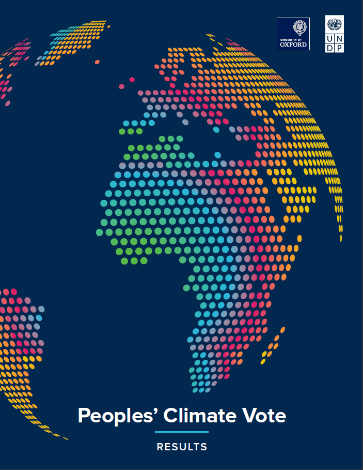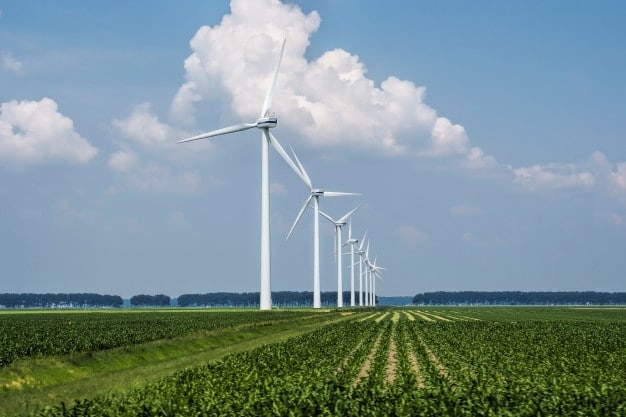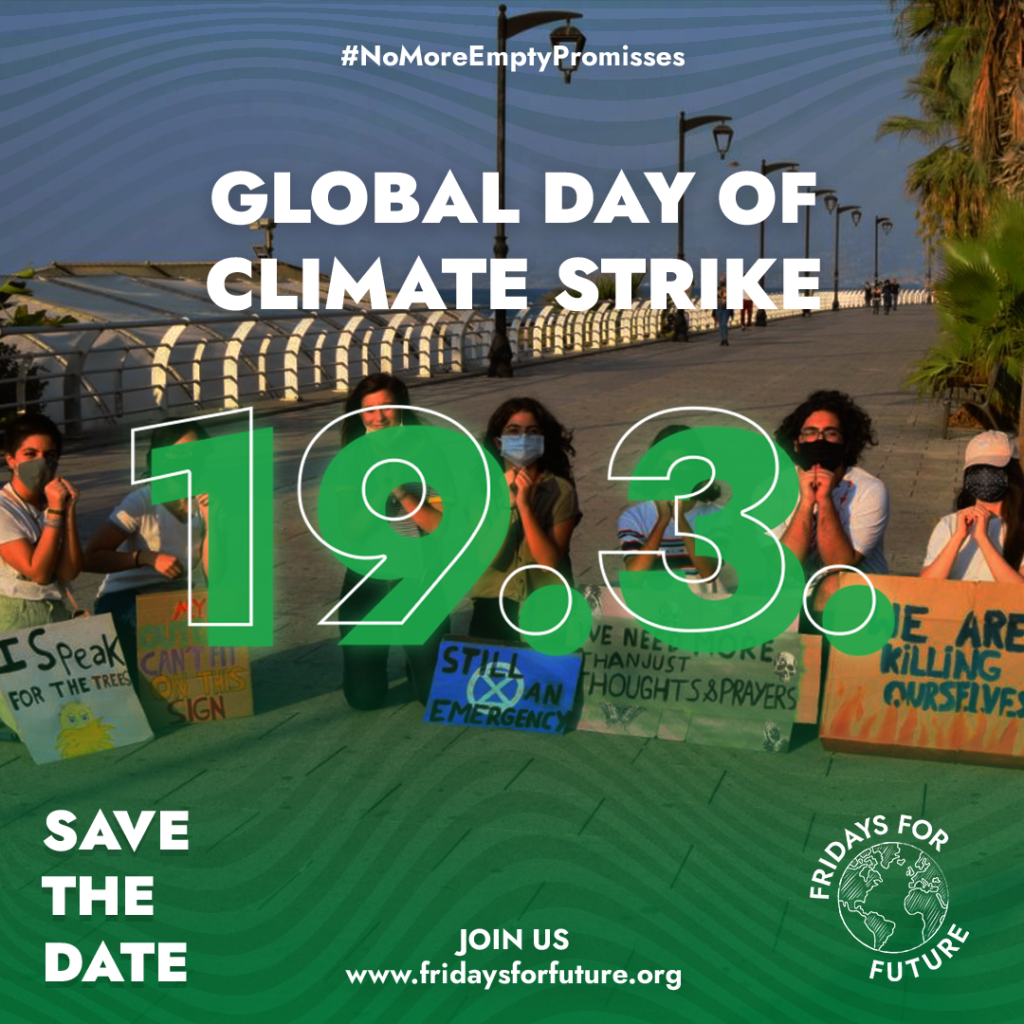Have you ever made a promise you did not keep? Was it because you did not want to? Did you forget about it? Or did you simply not care? When we make promises, it is sometimes nothing more than a gesture. That can be disappointing, but not dramatic. It looks different when it comes to politics: a promise as a gesture is more than just a bit frustrating – it can actually be dangerous. It can jeopardize current as well as future generations, especially if it sends a signal that action is being taken and that the situation is under control, when in fact it’s not. It risks putting people back to sleep.

Despite climate change-related events tormenting communities (particularly marginalized ones) around the world, few global leaders have demonstrated their understanding of the seriousness of this crisis. According to Climate Emergency Declaration and Mobilisation in Action (CEDAMIA), 1890 jurisdictions have declared a climate emergency, which includes city and town councils. On the national level, a mere 14 countries have declared a climate emergency. China and the U.S. – the two countries with the highest carbon dioxide emissions from fossil fuel combustion – are absent from this list. This is an absolute betrayal of younger generations. It is not only young people who believe so. In a recent opinion poll with 1.2 million participants from 50 countries, 64% said that climate change was a global emergency, and only 10% believed that world leaders were doing enough. Why aren’t we seeing this public opinion reflected in policy?

According to Clive Hamilton, professor of public ethics at Charles Sturt University, by declaring a climate emergency, governments are raising the stakes for themselves. He continues stating that this declaration is, therefore
“important but it’s a symbolic act and […] must always be accompanied by concrete action.”
The coronavirus pandemic has highlighted that we can not go on as we are now if we are to ‘successfully’ mitigate climate change. When we recover from the pandemic we need to drastically change our priorities; we need to start prioritizing people and the planet over profit. We need systemic change to recover economies and societal systems. We no longer have time to wait for a few more years. The actions we take now will be the basis of decisions for the next decades to come. We can’t let the opportunity of a green recovery slip away. Global leaders need to take responsibility for future generations and stop justifying inaction. As Hamilton stated, there isn’t a “greater moral failure of political leadership in human history” – so facing and taking measures against the climate crisis, particularly through the pandemic, is critical.
Fridays For Future has therefore decided to launch the #NoMoreEmptyPromises-campaign. On March 19th, young people all over the world will stand up once more to demand immediate climate action. Among these are: a moratorium on new fossil fuel projects and ending all investments in the fossil fuel industry; annual and binding climate budgets; economic, racial, and gender justice in climate policy; citizen involvement in climate change decision-making; and the declaration of ecocide as an international crime. Governments keep ‘promising’ to reduce fossil fuel emissions but we have yet to see an expansive and coordinated effort in order to achieve this. We cannot wait anymore while global leaders repeatedly reassure us of their concern, negotiate climate goals that are not even close to what is needed, and still refuse to reach those insufficient targets.
For this, the Conference of the Parties 26 offers a new window of opportunity. It will have been two years since the last COP and the stakes are high. Echoing the words of Hamilton,
“The world really does face a moment of truth at Glasgow. If we can’t make major progress this time around then we are in deep, deep trouble. We’d be at a point of no return, if we aren’t already.”


